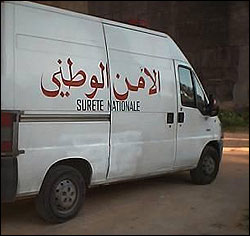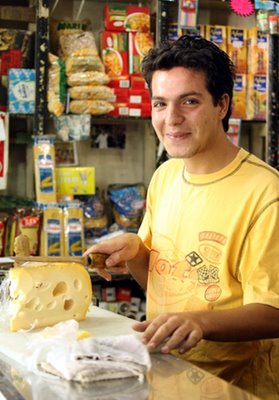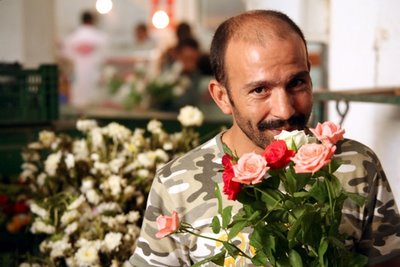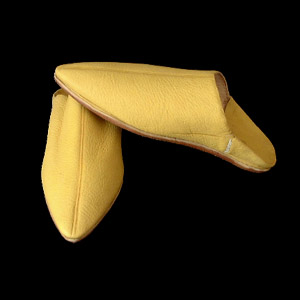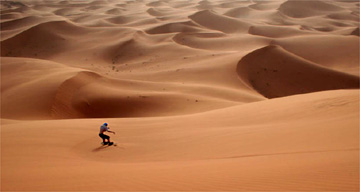The on-line Columbian from Washington State in the USA has an interesting and well-informed article by Jenna Eckert and Abdul Akdi about Berber pottery and also zellij ( they transliterate it as "zellige"). Here is an excerpt.
Quite different in appearance from their glazed, city produced cousins, decorated Saharan and Berber terracotta ware has a rough, unfinished, utilitarian feel, with marked similarities to that of ancient Greece and Carthage. Practiced primarily by Berber women using the hand-coiling technique, there are regions where Berber men, using a lathe as a wheel, also produce pottery. The difference lies in the fact that pots made by women are mainly for use by the family, and those made by men are transported for sale in the city souks.
While not as commonly seen throughout Morocco, Berber pottery is sought by collectors worldwide and perhaps used more often in home decor magazines for their striking tribal, historic appearance.

Sometime during the 8th and 9th centuries, the use of glazed and enameled earthenware arrived in Morocco. Mostly used for culinary and tableware use, it became an urban tradition practiced exclusively by men. The craft and technique continued to grow in the city centers, however it was in the 15th century when the craft of ceramics truly became important in Morocco. Moors skilled in pottery fled Spain for Morocco, settling in Fez, Meknes, Safi and Marrakech. Here the men rebuilt their kilns and for the next four centuries, Moroccan potters, particularly those in Fez, prospered and produced some of the finest examples of their trade in the Islamic world.
Although there was a decline in the quality and quantity produced in the early 20th century due to industrialization and importation of mass-produced pottery from Europe, during the French Protectorate, many Moroccan potters were sent to Sevres, France to learn new techniques. Both local as well as European markets were quick to support their new work, again revitalizing the craft.
Today, thousands of Moroccan potters pound clay, spin wheels, and shape the myriad bowls, vases, tagines (cooking dishes), roof and mosaic tiles that continue to be made in the country's historic pottery centers. The urban tradition of ceramics -- painted and glazed or enameled ware -- is the exclusive province of men. Traditional Andalusian-inspired, polychrome enameled pottery made in Fez is the most respected in Morocco, and is blue and white, though yellow, green, black and brown glazes are also common. Fez pottery comes in a multitude of shapes and uses and are found in shops throughout the country. In the town of Safi on the Atlantic Ocean are the country's oldest kilns, more than two hundred years old and still in operation. Here, potters produce fanciful, repetitive designs on turquoise, white and cream-colored backgrounds.
In Marrakech where the craft of metal work is also a highly skilled and practiced trade, metal workers solder soft metals on top of ceramic vessels. The result can be a fine filigree harmoniously following the underlying painted pattern, or a more contrasting, striking appearance on solid colored pottery. In recent years this blending of metal on ceramics has become quite popular in home decor settings and exported in large quantities.
The other significant segment of urban ceramic production is in making zillij tiles. Derived from Byzantine and Roman mosaics, zelliges, or wall tiles, are Morocco's great specialty, both in the skill with which they are made and because of the expertise with which they are laid. After preparing the raw clay, it is formed into rectangular slabs that are dried in the sun, coated with a colored glaze and fired. From these tile slabs the unique aspect of making zelliges begins. First, a designer traces intricate patterns on the slabs. Then another specialized artisan uses what looks like a two-sided hammer sharpened on both sides to carefully hand chisel the often thumbnail sized zelliges from the slab pieces.

Once filed smooth and sorted according to the intended pattern, the zelliges are then taken to the job site and a final artist sets them into elaborate mosaic patterns. In days past or in grand homes, palaces and mosques built today, entire walls can be adorned in this way creating a hypnotic landscape for the visual senses. While not as grand in scale, a trend towards producing home furnishings incorporating the use of zillig tiles has become quite popular. Today you can find tables of all sizes and function, fountains, picture frames, even chairs using this process of mosaic tiling.
Tags: Morocco Fes, Maghreb news

